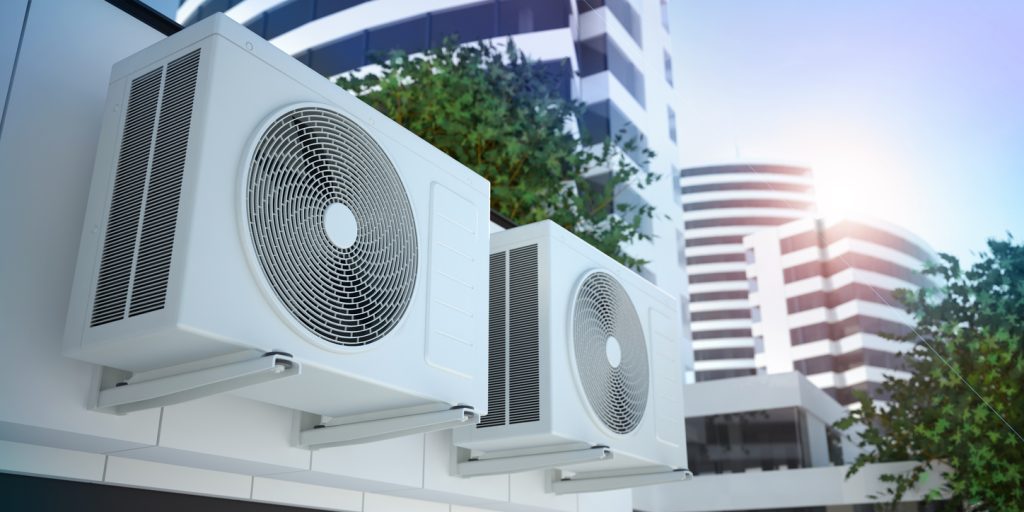Having a new air conditioning system installed in your home can be a big investment. A new AC can make your home comfortable while saving you money on your energy bills. However, there are many factors to consider when scheduling a professional AC installation.
Air Conditioning System Types
Before an AC system is installed by a technician, you need to select an air conditioner that is ideal for your home. An HVAC company can assess your home and help make suggestions. Some common AC types are:
- Central air conditioning
- Ductless mini-split systems
- Heat pumps
Central air conditioners are the most common type of AC. Ductless mini-split systems have a higher initial cost, but they tend to be more energy-efficient than traditional systems. Instead of ductwork, ductless mini-split units have refrigerant lines that connect the main outdoor unit to indoor blower units installed in different parts of your home. Some mini-split systems can also heat homes without needing an additional furnace. Heat pumps are versatile due to their ability to warm and cool your interior spaces by transferring heat into or out of your home.
AC Size and Energy Efficiency
You need to ensure you are choosing an AC that is the right size. Choosing a unit that is too small for your home can result in the AC struggling to keep your interior spaces cool. Choosing a unit that is too big can waste energy due to frequent cycling.
Also, consider the unit’s energy efficiency. You’ll want to look for systems with high Seasonal Energy Efficiency Ratio (SEER) ratings. A unit with a higher SEER rating may have a higher upfront cost, but it can be more cost-effective over time due to savings on your energy bill.
Preparing for Your AC Installation
Before the installation, our technicians will check out your home and determine the ideal place to install your AC and any related components. Some of the factors they will consider include existing ductwork in your home, your home’s electrical capacity, and more.
During the Installation
After deciding on the installation placement, they will remove old AC equipment. They may also need to modify existing ductwork or other components to work with your new AC. After installing your new AC, our technicians will test the system and calibrate it to ensure optimal performance. Finally, our technicians will show you how to operate your AC and adjust the thermostat’s settings.
Additional Considerations
After the installation is finished, there are some additional considerations. You need to change the air filters every few months. Neglecting this can result in an inefficient system and poor indoor air quality. Additionally, you’ll want to schedule ongoing regular maintenance to ensure your AC has a long lifespan.
With the right AC system, the proper preparation, and an experienced technician, putting a new air conditioning system in your home can be an easy process. If you live in College Station, TX or the surrounding area and want to install an AC system in your home, contact Cover HVAC for more information.




